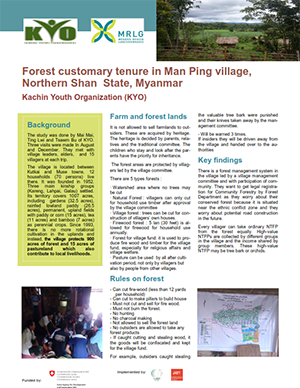Acuerdo Nº 67 - La Autoridad Agraria Nacional delega y desconcentra atribuciones otorgadas en la Ley Orgánica de Tierras Rurales y Territorios Ancestrales para sustanciar y resolver las solicitudes de saneamiento, peticiones, reclamos y recursos en mat...
El presente Reglamento General para la aplicación de la Ley Orgánica de Tierras Rurales y Territorios Ancestrales, de Tierras Rurales y Territorios Ancestrales, tiene por objeto regular la aplicación de la Ley Orgánica de Tierras Rurales y Territorios Ancestrales, de conformidad con los principios, finalidades, lineamientos de la política agraria de tierras y los derechos vinculados a la propiedad de la tierra rural y territorios ancestrales.





